
Menu
-
Solutions
-
Our Solutions
-
AcademicSurface potential plagiarism prior to publication with iThenticate’s expansive content database.
-
AdmissionsScreen personal essays for potential plagiarism and help ensure the highest level of integrity even before matriculation.
-
GovernmentEnsure the originality of public-facing content, from legal documents to grant applications, and reporting.
-
MedicalPrevent invalid findings dissemination, grant misconduct, and improper medical practices.
-
PublishingProtect your journal’s reputation by publishing only the highest quality articles.
-
-
Resources
-
Our Resources
-
FAQFind the answers to the commonly asked questions about how iThenticate works.
-
Content DatabaseComprehensive coverage you can trust across the internet, scholarly articles, and industry papers.
-
GuidanceSearch our comprehensive site for the launch, integration and usage information.
-
-
Pricing
-
Login
-
Buy Credits
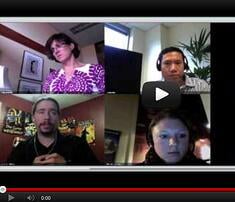

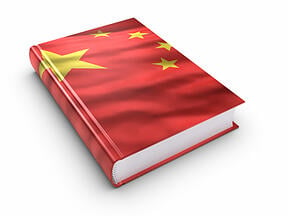
 Earlier this week, Stephen Matthews, the chair of the physiology department at the University of Toronto’s medical school, had an
Earlier this week, Stephen Matthews, the chair of the physiology department at the University of Toronto’s medical school, had an 
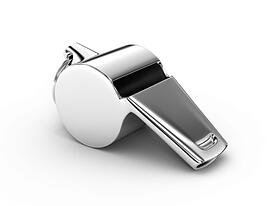 With the Internet, anyone can create a website in a matter of minutes and, with that presence, reach people all over the world. This has made it easy for for individuals, who previously only had a limited voice, to get an international audience for almost every topic imaginable.
With the Internet, anyone can create a website in a matter of minutes and, with that presence, reach people all over the world. This has made it easy for for individuals, who previously only had a limited voice, to get an international audience for almost every topic imaginable.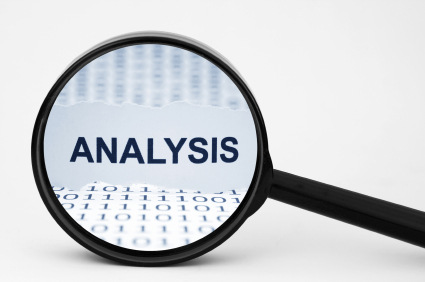 A recent study published in the Proceedings of the National Academy of Sciences finds that the majority of retractions are caused not by error, but by fraud.
A recent study published in the Proceedings of the National Academy of Sciences finds that the majority of retractions are caused not by error, but by fraud.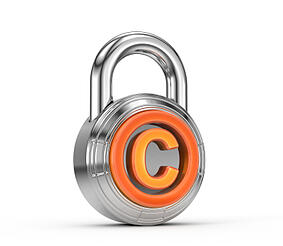 On October 3rd, the Philippines Cybercrime Prevention Act (RA 10175) took effect and, with it, the country
On October 3rd, the Philippines Cybercrime Prevention Act (RA 10175) took effect and, with it, the country 